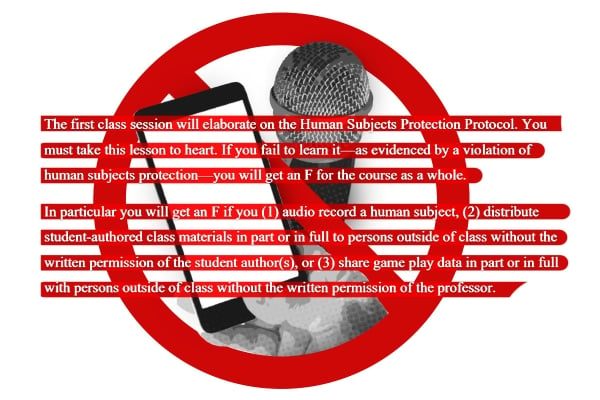With the transition to online learning becoming the new norm for many students, the issue of recording classes has become a controversial topic. While some universities and professors have embraced the idea of recording classes to provide students with the opportunity to review lecture materials at their own pace, others have staunchly opposed it, citing concerns about privacy, intellectual property, and academic integrity.
Recently, the debate surrounding recording classes has taken on new significance with regards to students with disabilities. Many students with disabilities rely on recorded lectures to help them navigate their coursework and keep up with their studies. These students may have conditions such as learning disabilities, attention deficits, or physical impairments that make it difficult for them to attend live classes or take comprehensive notes. In these cases, recorded lectures serve as a valuable resource for these students to access the information they need to succeed in their classes.
So, what happens when professors refuse to record their classes, even when requested by students with disabilities? Unfortunately, this is a common scenario that many students with disabilities face. While professors may have valid concerns about sharing sensitive information or protecting their intellectual property, these concerns should not come at the expense of students’ education and well-being.
When professors refuse to accommodate students with disabilities by recording their classes, they are effectively denying these students equal access to education. This goes against the core principles of inclusive education and can put these students at a significant disadvantage in their academic pursuits. Not only does it impede their ability to learn and succeed in their courses, but it also undermines their right to access education on an equal footing with their peers.
In these cases, it is crucial for universities to step in and ensure that students with disabilities are provided with the accommodations they need to thrive in their academic endeavors. By mandating the recording of classes or implementing alternative solutions such as note-taking services or assistive technology, universities can ensure that all students, regardless of their disabilities, have the opportunity to engage in their education on an equal basis.
Ultimately, the issue of recording classes for students with disabilities is a matter of equal access and inclusion. By denying these students the accommodations they need to succeed, professors are perpetuating discrimination and hindering the educational progress of these individuals. It is essential for universities to take a stand in support of students with disabilities and ensure that they are provided with the resources and accommodations they need to thrive in their academic pursuits. Giving an “F” for refusing to record classes for students with disabilities is not just a matter of academic integrity – it is a matter of social justice and human rights.



